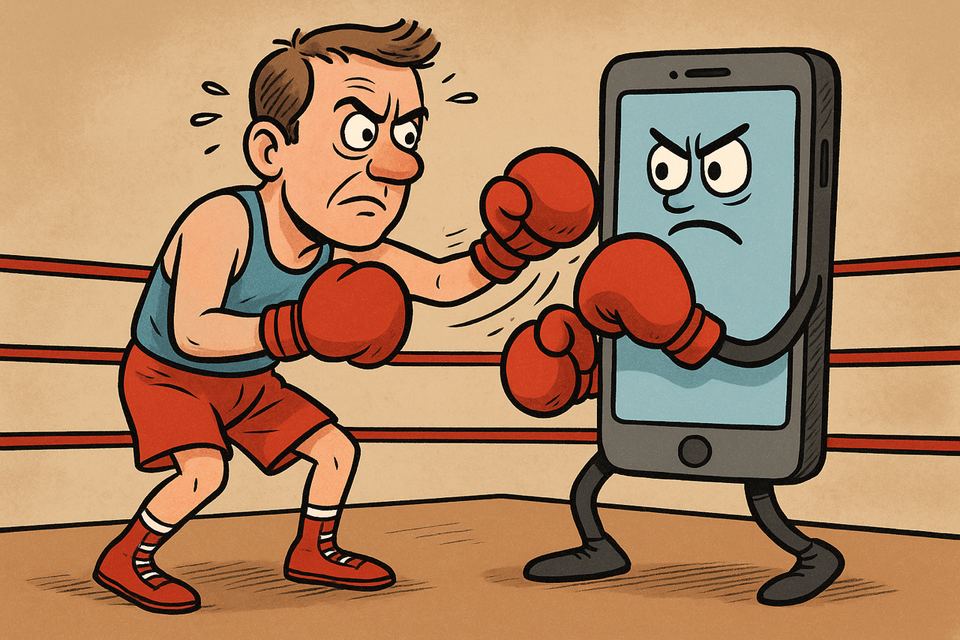How to beat social media at Its own game — as a journalist

By Rob Golub
Emotional engagement is the path out of the muck that is social media.
We live in an era of misinformation and sensationalism — in our pockets, calling to us, asking us to consume just a bit more. That little seven-inch phone can draw us into outrage, fear or tribalism in seconds.
When social media platforms thrive on clicks and outrage, and journalism offers truth as a placid alternative, it puts our field in a tough spot. Social media triggers emotion to generate attention, while we as journalists often rely on our audience’s sense of civic duty.
We expect people to consume our work because they should — like children who should eat their vegetables.
But that’s not a realistic strategy in a world of video games and movie-style animation created by just about anyone. The vegetable strategy doesn’t stand a chance against the emotional jolt of a social media post or the satisfaction of a like or a heart.
That Trump! That Biden! Arghh! This is not public service. It’s theater. It’s not news. It’s drama. The rage is the point.
It’s time to fight back.
With emotional engagement, journalists can also trigger emotions to spark attention — but from a place of responsibility. Think love instead of hate. Sweetness instead of rage. For an emotionally engaged journalist, it’s about community, not division.
Emotional engagement isn’t about shedding objectivity. It’s about creating a genuine connection with the audience — to bring them truth. When readers feel understood, they trust the content more. They see it as a beacon of authenticity in a sea of noise. That trust is the antidote to the cynicism bred by social media.
As journalists, we have the power — and the responsibility — to cut through the noise. It’s not our role to merely toss facts over a wall and hope for the best. We must think about the reader experience.
What happens on the other side of that wall? Is the article read? Believed?
If you take your relationship with your community seriously, it will be.